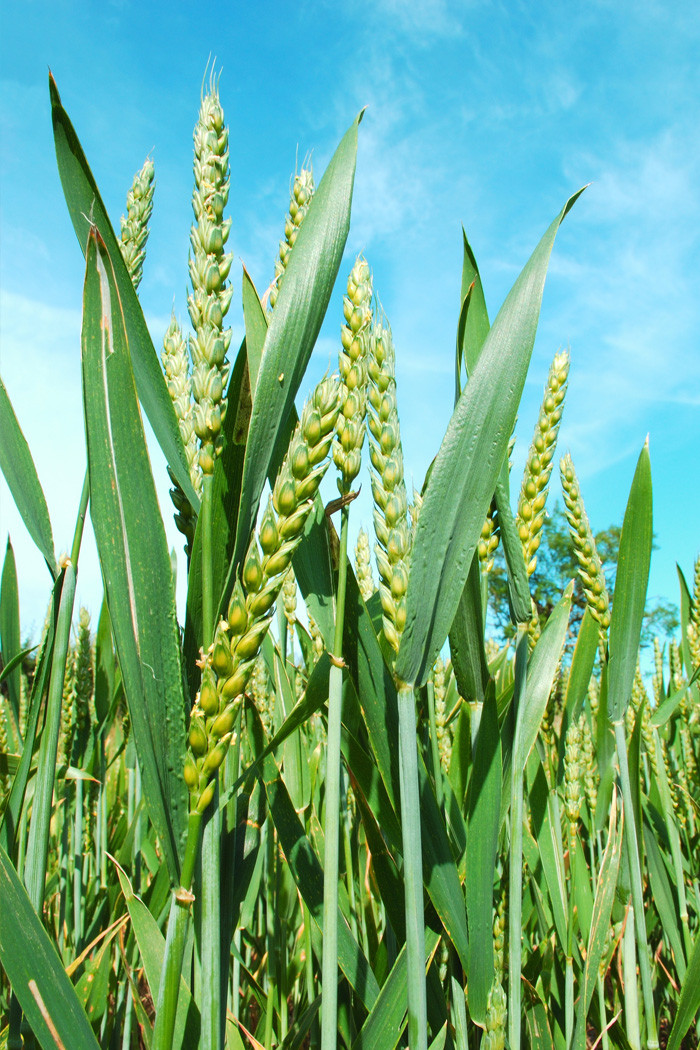After the Fire: A Recovery Guide – Property Damage: Crops and Livestock

The rich agricultural tradition in California has led to some legal protections that are particular to farmers and ranchers raising crops and livestock.
In general, if someone is found responsible for a fire, think “negligence” here, then there are some special protections for ranchers that are worth examining.
In California, if someone trespasses on your land, causes you damage and your land is “either under cultivation or intended or used for the raising of livestock,” then if you sue and win, that trespasser will owe you your reasonable attorney fees.
Under California law, a wildland fire started negligently qualifies as a trespass.
This can be a good thing under the right circumstances, especially given the high cost of getting justice in court these days.
Land “under cultivation” is generally understood as land used for farming and growing crops, as opposed to urban backyards. While that seems simple enough to understand, in practice it can get a little fuzzy.
A California statute defines “livestock” as “any cattle, sheep, swine, goat, or horse, mule, or other equine.”
One court opinion recites that, according to various dictionaries, livestock are “animals of any kind kept or raised for use or pleasure.” Including “domestic animals and fowls that (1) are kept to profit or pleasure, (2) can normally be confined within boundaries without seriously impairing their utility, and (3) do not normally intrude on others’ land in such a way as to harm the land or growing crops.”
Translated into simple English, that means livestock definitely includes your horse, your cow and your chickens and arguably includes your dog.
The legal protection does not kick in unless your land is “intended or used for the raising of livestock.” So just keeping two lazy dogs and a housecat won’t qualify here.
Even so, in the leading California case on this subject, people who (1) were experienced in horse husbandry, (2) purchased a mare in foal that gave birth, (3) intended to sell that foal, (4) raised goats, geese, ducks, chickens and dogs, (5) with one goat giving birth to three kids, qualified.
Share this resource
Schedule a free consultation
Find the answers and financial compensation you need to recover.